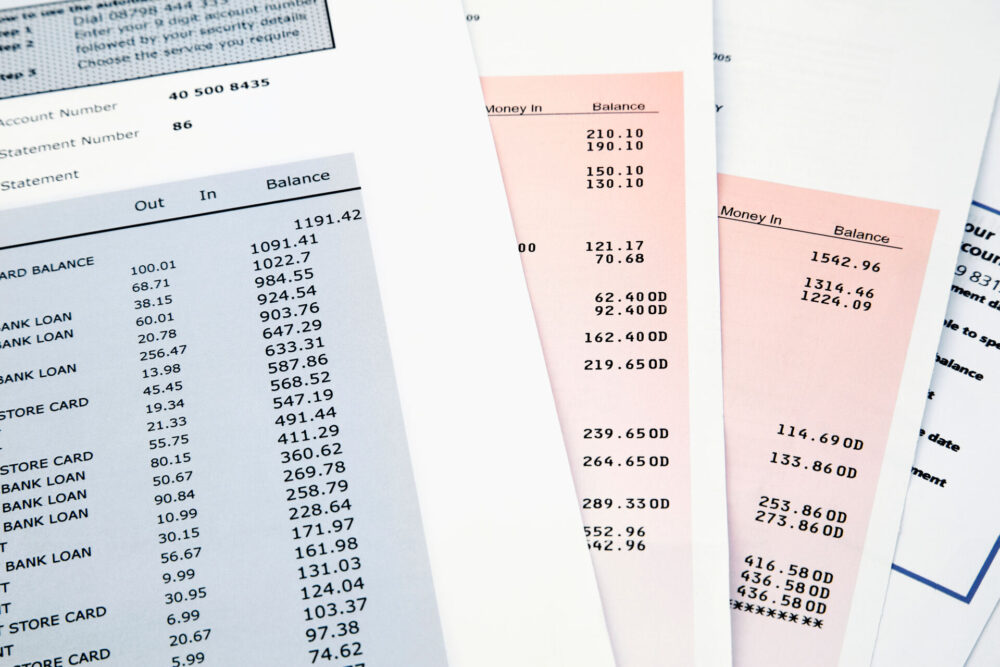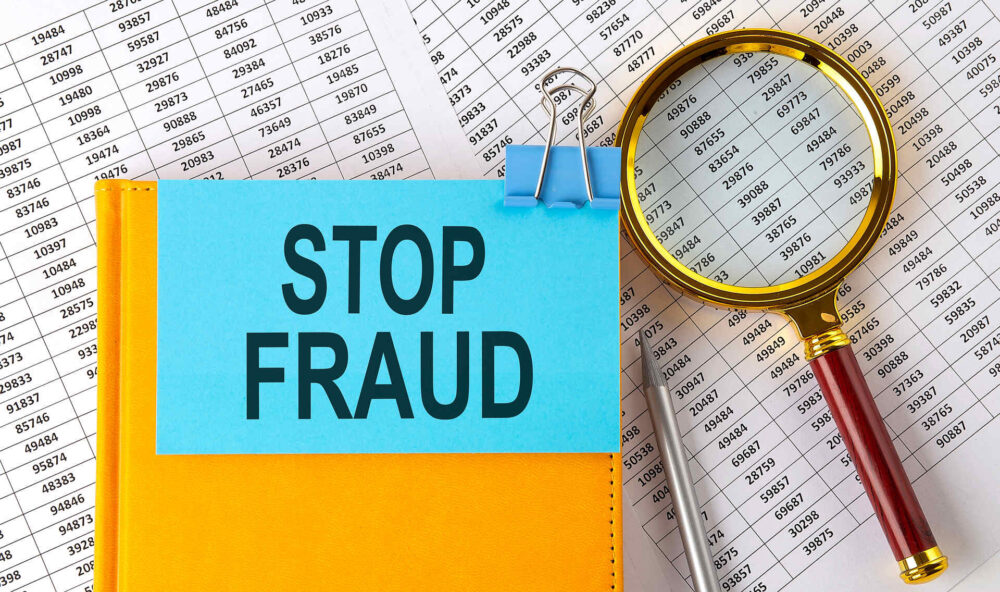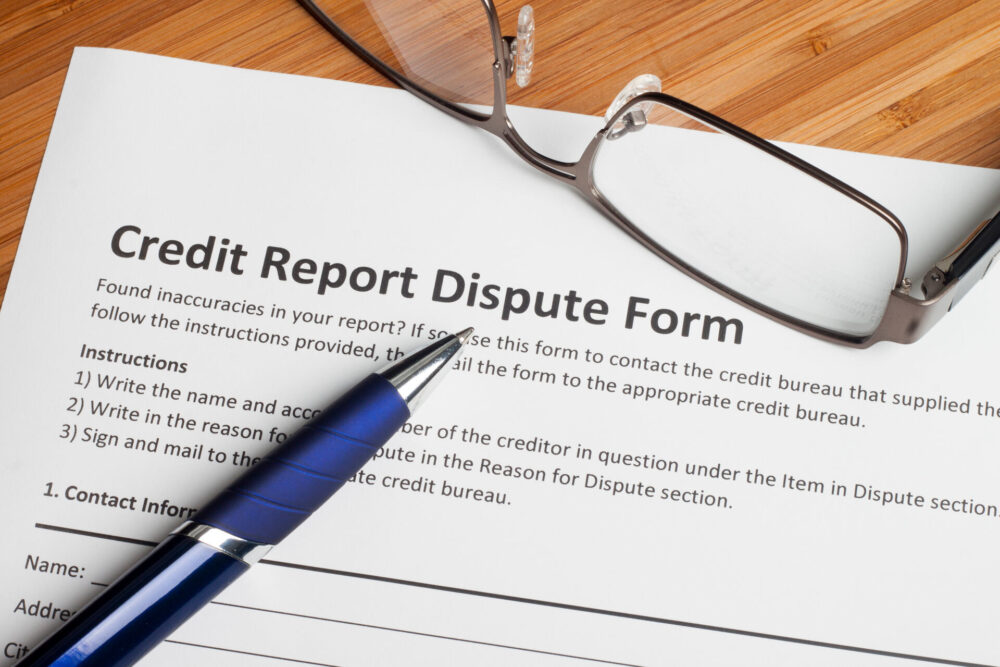For most merchants, simply hearing someone mentioning chargebacks sounds stressful. Especially if it’s a type they are unfamiliar with. So what about return item chargeback? Are they a new type of fraud? In essence, they are not really chargebacks at all, so let’s break it down.
The return item chargeback meaning is different from other chargebacks. It occurs between a consumer and the issuing bank. It is a fee that is charged when a check has been rejected. When a customer writes a check that is returned, the bank will charge a fee, known as a return item fee, to the customer’s account. This fee is intended to cover the bank’s costs associated with processing the returned check.
What Is a Return Item Chargeback?
There are many things considered to be the bane of merchants, and many would agree that it mostly comes down to chargebacks. In the world of e-commerce, more than anywhere else, these obstacles are an inevitable part of doing business.
When a customer disputes a charge on their credit card statement, the merchant is hit with a chargeback, which can be costly and time-consuming to resolve. While some chargebacks may be caused by fraud or other malicious activity, others are the result of genuine misunderstandings or dissatisfaction with the product or service provided.
Return Item Chargeback Has a Different Meaning
However, merchants may be unfamiliar with the return item chargeback, but it shouldn’t be the cause of stress. In truth, these chargebacks have little to do with businesses, as they occur between a consumer and the issuing bank or other issuing entity. When a consumer issues a check, and there isn’t enough money in their bank account to cover it or a withdrawal, they will be notified about a fee. The check gets rejected, and the consumer is charged a fee that is automatically withdrawn from their account.
Your Bank May Have Another Term for It
The term chargeback is misleading in this case. If your customer takes a look at their bank statement after their check has been rejected, they may find the following categories:
- Deposited/cashed items returned unpaid fees,
- Rejected check fees,
- Returned check fees,
- Return item chargebacks,
- Deposited item returned fees,
- Chargeback check fees.
It may seem confusing, but in essence, these fees have nothing to do with actual chargebacks.

How Can These Chargebacks Affect Merchants?
If you’re looking from the merchant’s perspective, when it comes to return item fees, there is nothing to be concerned about. It may happen that you notice it on your merchant statement, but it’s not something to worry about – it’s usually the result of depositing a bad check. So it has nothing to do with a credit card dispute. But nonetheless, as a merchant, you should be familiar with the concept as you may get confused about whether it is a real issue when you talk to your customers or bank representatives.
It also gives us an insight into how our consumers also frequently deal with different charges and bank fees they know nothing about. This can cause uncertainty and mistrust and can lead to an aggressive attitude if a problem arises. Having knowledge about different types of chargebacks can help you deal with most issues and retain a good reputation with your loyal consumers.
Some Statistics Regarding Checks
The fact that more and more people majorly use credit cards and debit cards to make purchases doesn’t really surprise anyone. With the popularity of digital wallets on the rise, even cash has become less and less used in brick-and-mortar locations. When it comes to checks, a few statistics published by the Federal Reserve Bank of Atlanta stand out:
- Customers wrote roughly three checks per month and used them for 7% of all purchases throughout 2017 and 2018.
- Compared to other payments, which are around $87 on average, check payments had a comparatively high average cash value of roughly $300.
- In their sample, 75% of the checks were issued for purchases worth less than $250.
If you’re interested in the topic of personal checks usage, watch the following video.
Real Chargebacks and How to Prevent Them From Happening
What merchants are used to is that when they hear the term “chargeback,” it usually involves a transaction that happens from the merchant’s account to the consumer’s account. There are three types you might encounter – merchant error, true fraud, and friendly fraud. Some of these should be vigorously investigated and disputed. However, friendly fraud falls into the gray area of consumer intent and legitimacy and requires different methods to be dealt with.
Solutions for Real Chargebacks
Chargebacks can be costly and time-consuming for merchants, and preventing them should be a priority for any business that accepts credit card payments. While some of them may be caused by fraudulent activity, many can be prevented by taking proactive steps to improve consumer satisfaction and prevent disputes. Here are some strategies that merchants can use to prevent them from happening:
- By providing detailed descriptions and high-quality images of your products, you can help ensure that customers know exactly what they are purchasing. This can reduce the likelihood of disputes over product quality or misrepresentation.
- By providing multiple channels for customers to reach you, such as phone, email, and live chat, you can make it easy for them to get in touch with you if they have a problem or question. Good customer service can help prevent chargebacks by allowing you to address issues before they escalate.
- When customers reach out to you with a problem or complaint, it’s important to respond quickly and professionally. By addressing their concerns in a timely and respectful manner, you can often prevent disputes from reaching the point of no return.
- Fraudulent chargebacks can be difficult to prevent, but there are tools available that can help. For example, you can use fraud detection software to identify suspicious transactions and flag them for further review.
- By following best practices for processing payments, such as obtaining cardholder signatures and verifying the billing address, you can help prevent disputes over unauthorized transactions.
By implementing these strategies, merchants can help reduce the risk of chargebacks and improve consumer satisfaction, leading to a more profitable and successful business.

Additional Advice That Will Help You Avoid Breaking the Bank
There are some additional ways that can help you prevent these occurrences. This is because a chargeback can be a major concern for merchants who accept credit card payments. Not only can they be costly and time-consuming to resolve, but they can also damage a merchant’s reputation and lead to a loss of revenue.
Offer a Clear Refund and Return Policy
Providing a clear and easy-to-understand refund and return policy can help reduce the likelihood of chargebacks resulting from consumer dissatisfaction. Make sure that your policy includes information on how to return items, how long refunds take to process, and any restocking fees that may apply. When you provide clear expectations and instructions, customers are less likely to dispute charges and will feel more confident about making purchases from your business.
Verify Shipping Addresses
It is important to verify the shipping address with the consumer to reduce the possibility of fraudulent transactions to a minimum. It’s an effective way to prevent chargebacks that result from any unauthorized purchases. You can use a variety of methods to verify shipping addresses, including using a service that confirms the address with the customer’s credit card issuer or by contacting the customer directly.
Use Delivery Confirmation
If your business requires signature or delivery confirmation, especially for high-value purchases, the possibility of disputes over the non-receipt of merchandise can be greatly reduced. This can also help to prevent chargebacks that occur when a customer claims they did not receive an item, even though it was delivered.
Keep Good Records
Keeping accurate records is overall a good practice, but it’s also crucial for preventing chargebacks. Your business should keep records of customer communications, shipping information, and billing information. This provides you with evidence to dispute chargebacks when they do occur. It is also important to keep records of any refunds or returns processed, as this can help prevent chargebacks resulting from misunderstandings or errors.
Train Your Staff and Management
Finally, it’s important to ensure that your staff and management are trained to handle transactions properly, including verifying customer identity, processing refunds and returns, and addressing customer complaints. Well-trained staff can help prevent chargebacks resulting from errors or miscommunications. This can be achieved through regular training sessions, creating a training manual, or holding regular meetings to discuss common issues and how to address them.

The Best Way to Avoid This From Happening Is to Find a Good Credit Card Processing Company
Preventing an occurrence such as a chargeback is essential for any merchant. And in the end, it may come down to one thing – choosing among the credit card processing companies for the right one. A good credit card processor can help prevent frauds and chargebacks by providing not only their credit card processing services but also fraud detection tools, dispute resolution services, and clear guidelines for handling transactions.
Additionally, you should find a processor that not only guarantees affordable merchant service rates but also offers different e-commerce payment options. Preferably, choose flat-rate credit card processing because it can prove to be the best idea for your small business.
Fraud Detection Tools
These tools can help identify suspicious transactions and flag them for further review, reducing the likelihood of fraudulent chargebacks. Look for a processor that uses advanced fraud detection technology, such as machine learning algorithms, to help prevent fraudulent activity.
Dispute Resolution Services
If a chargeback does occur, it’s important to have a process in place for resolving the dispute quickly and efficiently. Look for a merchant services and credit card processing company that offers a clear and easy-to-use dispute resolution process with dedicated support staff who can help guide you through the process.
Clear Guidelines for Handling a Transaction
Clear guidelines for handling a payment can help ensure that you are processing transactions properly and in accordance with industry standards, reducing the likelihood of processing errors and chargebacks resulting from technical issues.

Choose the Right Credit Card Processing
By understanding what chargebacks are, why they happen, and how to prevent them, merchants can take proactive steps to protect their businesses and reduce the risk. By implementing different strategies, merchants can help prevent chargebacks and keep their customers happy. Moreover, choosing a good credit card processing company is an essential step in your merchant journey.
A good processor like Merchant Chimp can provide fraud detection tools, dispute resolution services, and clear guidelines for handling transactions, helping to reduce the likelihood of chargebacks occurring in the first place. This is why it’s important for merchants to research and choose a credit card processing company that aligns with their needs and provides the necessary tools and services, such as a discount program or offers the lowest credit card fees.
Overall, chargebacks can be a challenging issue for merchants, but by understanding the different types of chargebacks, implementing prevention strategies, and choosing a good credit card processing company, merchants can take control of the situation and protect their businesses from unnecessary financial losses and reputational damage. Merchant Chimp is just the partner you and your business need.





